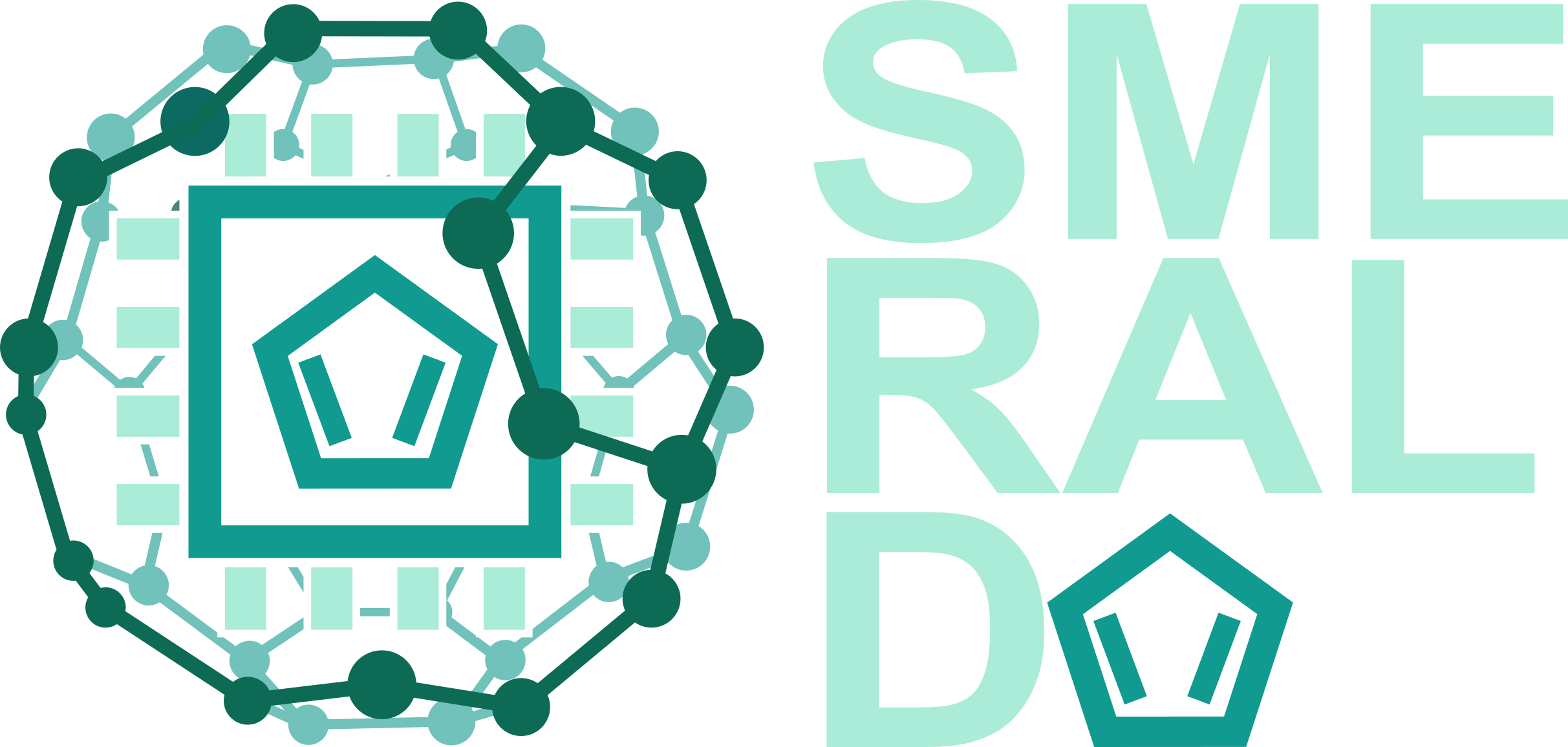

Single Molecule Electronics Research Alliance and InterDisciplinary netwOrk
Follow our updates.
The following people are part of the SMERALDO community.
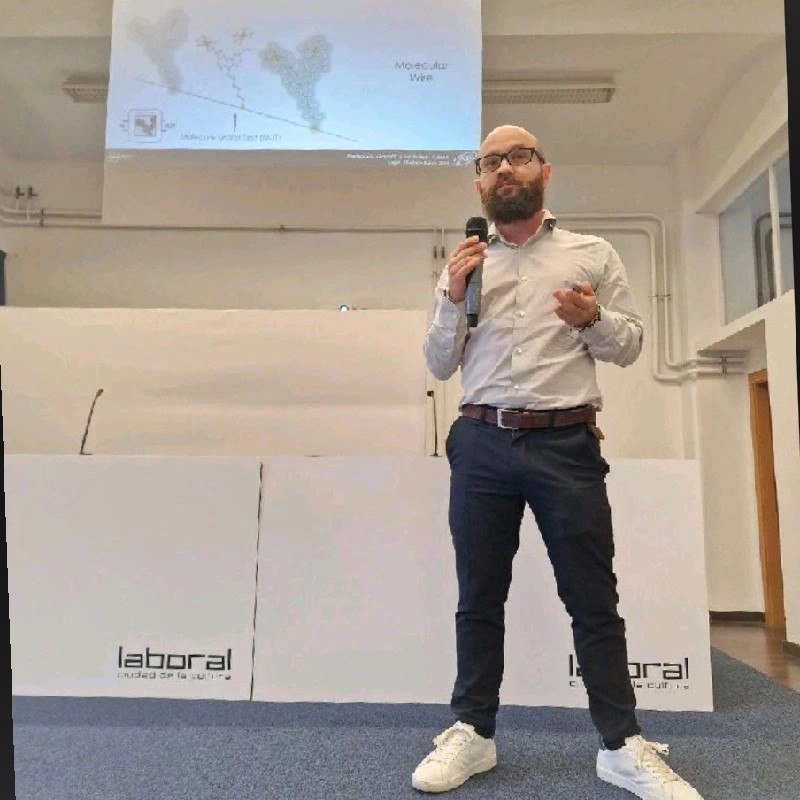
Yuri is an assistant professor at the Department of Electronics and Telecommunications of Politecnico di Torino (Turin, Italy), where he obtained his PhD degree in 2022 in Electrical, Electronics and Communications Engineering. His primary research interests are molecular technologies for the sensing of single molecules and for molecular computing, with a particular focus on molecular Field-Coupled Nanocomputing, and sustainable electronics. He is the lecturer of “Nanoelectronic Systems” since 2024 and co-lecturer for digital electronics since 2019. In 2021, he was the chair of the IEEE Student Branch of Politecnico di Torino.
Personal website | ResearchGate | Linkedin

--
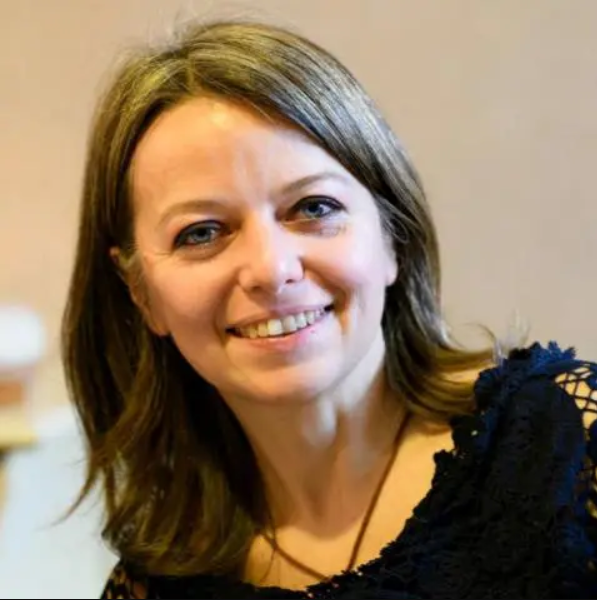
Mariagrazia received the M.Sc. and PhD degrees in electronics engineering from the Politecnico di Torino, Turin, Italy, in 1997 and 2001, respectively. She is an Associate Professor at the Department of Applied Science and Technology, Politecnico di Torino. Since 2008, she has been an Adjunct Faculty with the University of Illinois at Chicago (UFL), Chicago, IL, USA. From 2014 to 2017, she was a Marie-Sklodowska-Curie IntraEuropean Fellow with the London Centre for Nanotechnology, University College London, London, U.K. Since 2015, she has been a Lecturer at the École Polytechnique Fédérale de Lausanne, Switzerland. Her research interests include nanotechnology, emerging technology devices, the simulation and design of nanocomputing devices, architectures, and circuits with physical-aware Computer-Aided Design (CAD) tools, field coupling nanocomputing, and quantum computing.
Personal website | Linkedin

--

--
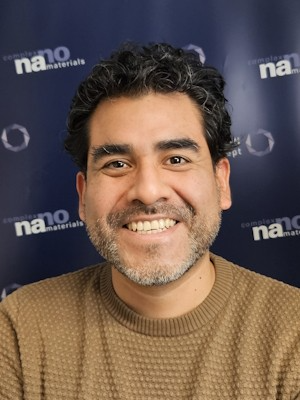
Leonardo is a research associate at the Dresden University of Technology (TU Dresden) in Germany. His current work focuses on combining machine learning methods with quantum/statistical mechanics to develop physics-inspired neural network potentials for the study of inorganic and organic materials. During his postdoc at the University of Luxembourg, he developed computational frameworks for investigating the dynamics of (bio)molecular systems as well as for data-driven molecular design. In 2018, Leonardo got his doctor degree in Mechanical Engineering at TU Dresden as an IMPRS fellow (International Max Planck Research School). Earlier, he got his bachelor and master’s degree in Physics at the National University of San Marcos in Lima-Peru. In addition to his theoretical investigations, Leonardo actively engages in multi-disciplinary projects with experimental/industrial collaborators to address current challenges in Physics and Chemistry (see Google Scholar page). He is currently the vice-chair of the Peru Chapter of the IEEE Nanotechnology Council. He serves as a referee for numerous scientific journals and has also organized workshops and conferences in the past years.
Personal website | Scholar | ORCID | ResearchGate

--
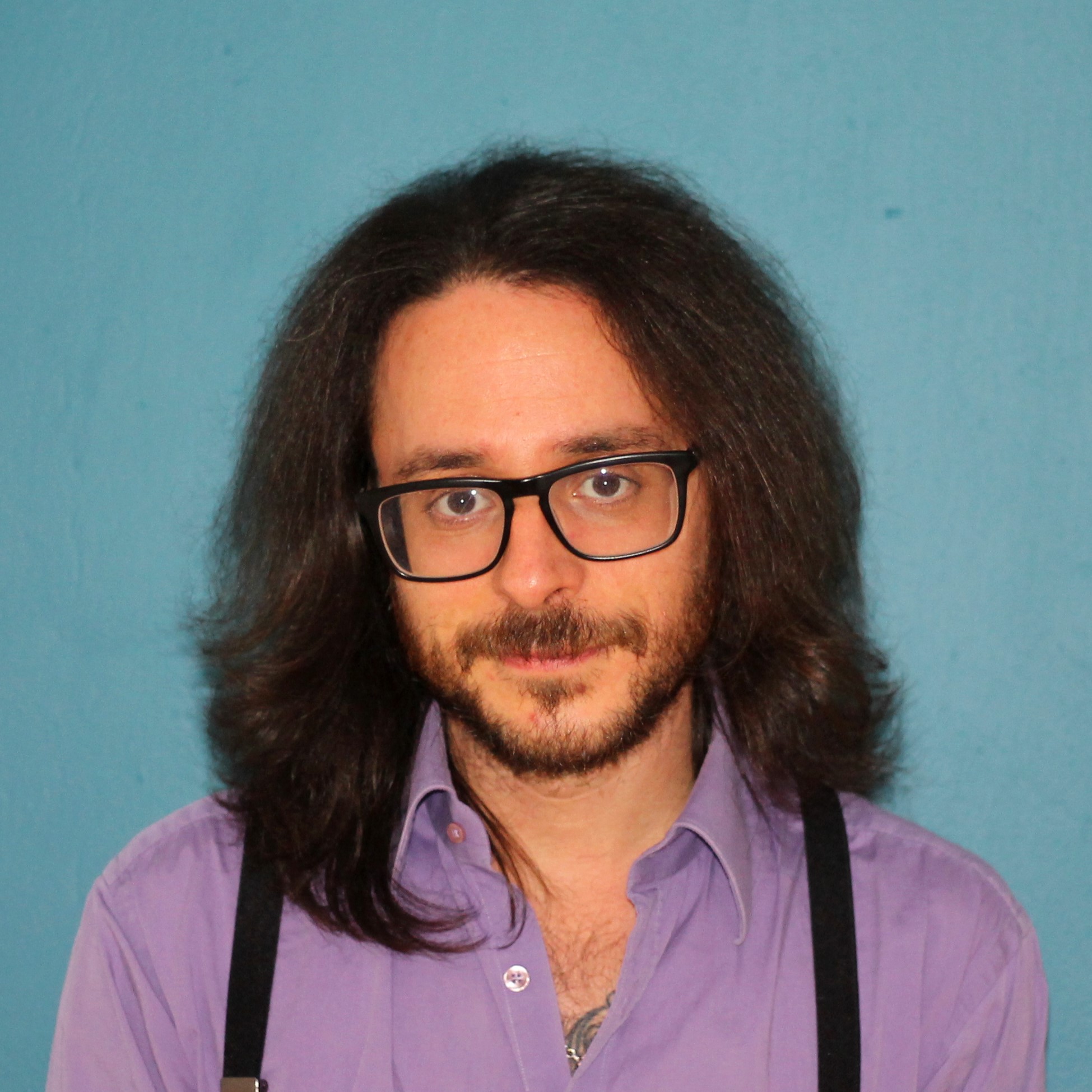
Andrea is a Royal Society University Research Fellow and a Professor of Physical Chemistry at the University of Liverpool. His work focusses on the fabrication of functional single-molecule junctions – extremely small nanoelectronic devices made by one molecule “chemically soldered” to two nanoelectrodes. He has developed single-molecule transistors, nanoelectromechanical devices, and optoelectronic diodes, establishing structure-property relationships and developing novel instrumentation for high-bandwidth measurements. His group works on all aspects of junction fabrication, from the design and synthesis of molecular wires to their nanofabrication and nanomanipulation into single-molecule junctions, and the characterisation of their optoelectronic properties. In addition to support from the Royal Society, Andrea’s research is also in receipt of council funding (EPSRC New Investigator Award, EPSRC Core Equipment Award, ERC Starting Grant / UKRI Frontier Research Grant) and he sits on the management committee of the nanofabrication suite at the University of Liverpool with colleagues in Physics and Engineering.
Personal website | Bluesky
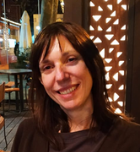
Linda is an associate professor at the Autonomous University of Madrid (UAM). She obtained her physics master’s degree in Bari (Italy, 2003) and her PhD from the University of Liverpool (UK, 2008). After that, she moved to Madrid where she was a postdoctoral researcher in several groups from 2008 to 2014 at the UAM. After working as a post-doc in Trinity College Dublin in 2015, she returned to Madrid as Principal Investigator of a 3-year national project at UAM (2015-2019). In 2019 she obtained a 4-year tenure-track position at Universidad de Sevilla. At the end of 2020, she returned to the UAM to take her position as Assistant Professor. In 2025 she was promoted to a permanent position.
Personal website | Scholar | Linkedin | Bluesky

--

Molecular dynamics; electron dynamics; single molecule junctions; molecular machines; molecular field-coupled nanocomputing.
Linkedin

Single-molecule sensors; molecular electronics; electrical transport; nanoelectronics; semiconductor devices and sensors; DFT; NEGF; FEM simulations; compact modeling; QuantumATK; Sentaurus TCAD; MATLAB; Python.
Linkedin

Molecular electronics; molecular Field-Coupled Nanocomputing; single molecule junctions; nano fabrication.
ResearchGate | Scholar | Linkedin | ORCID
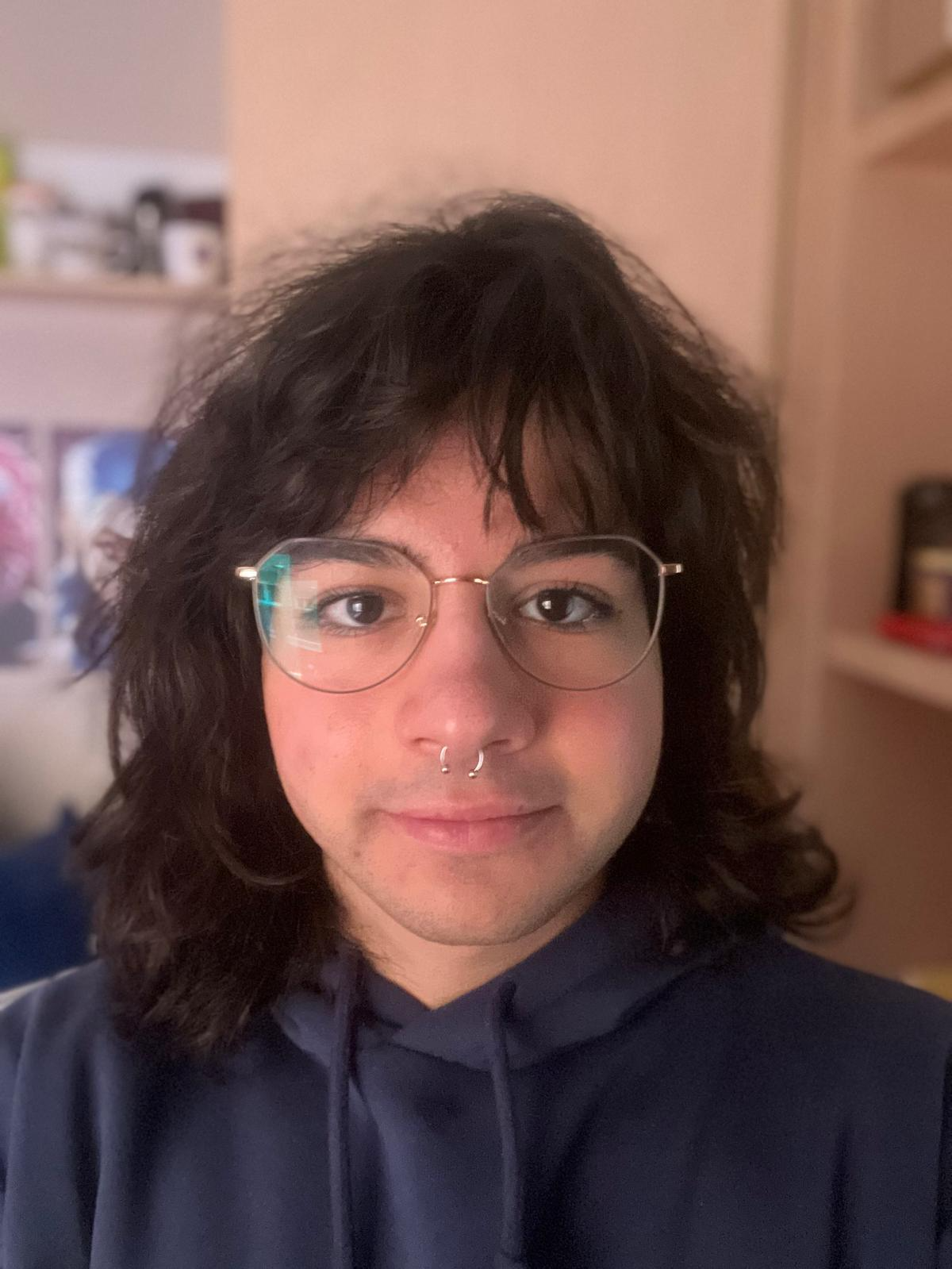
Molecular electronics; Biomolecular electronics; Proteins; Interference.
ResearchGate
© SMERALDO